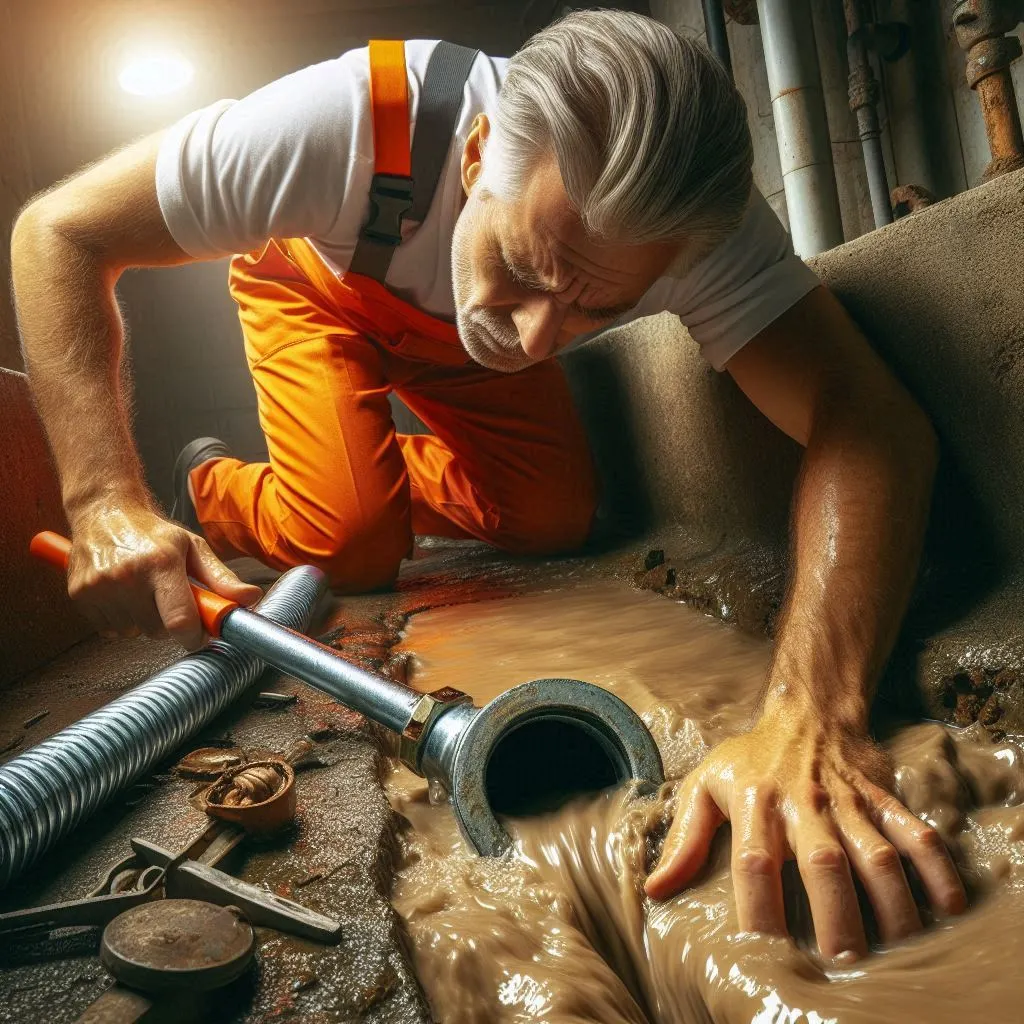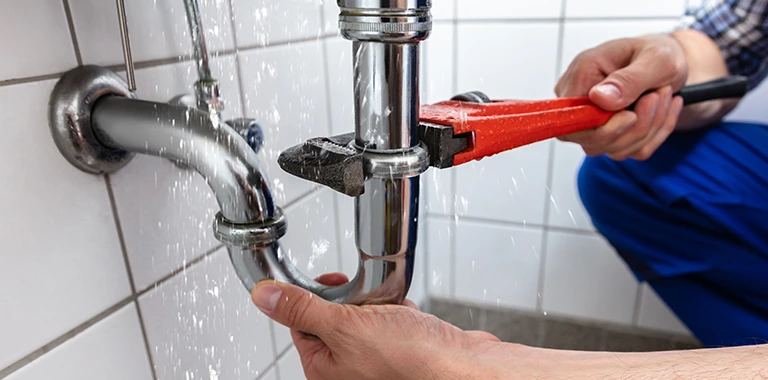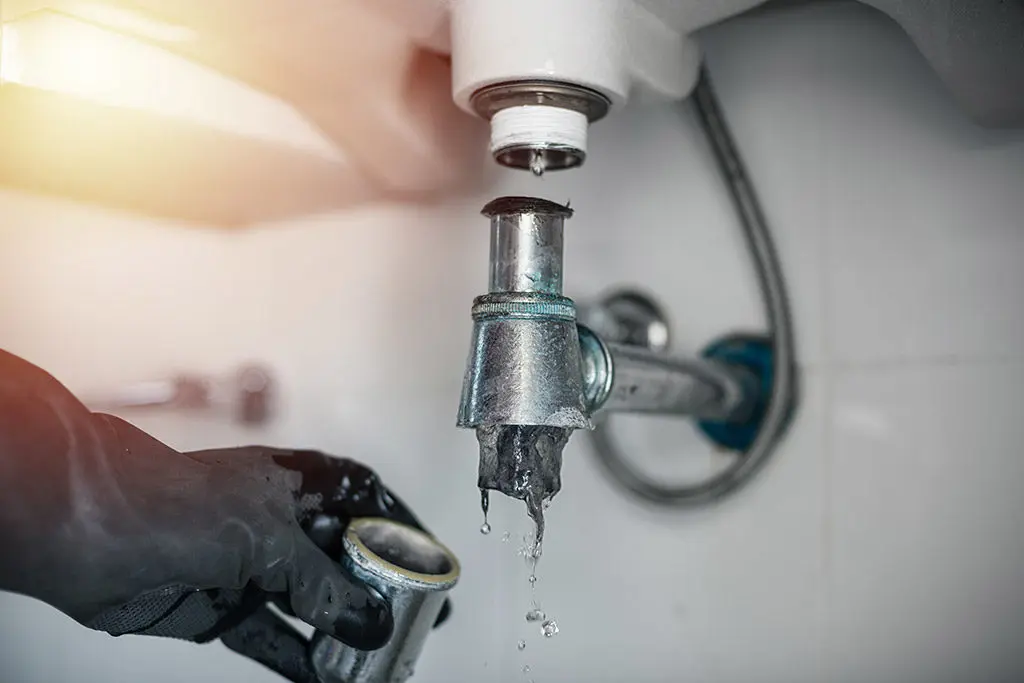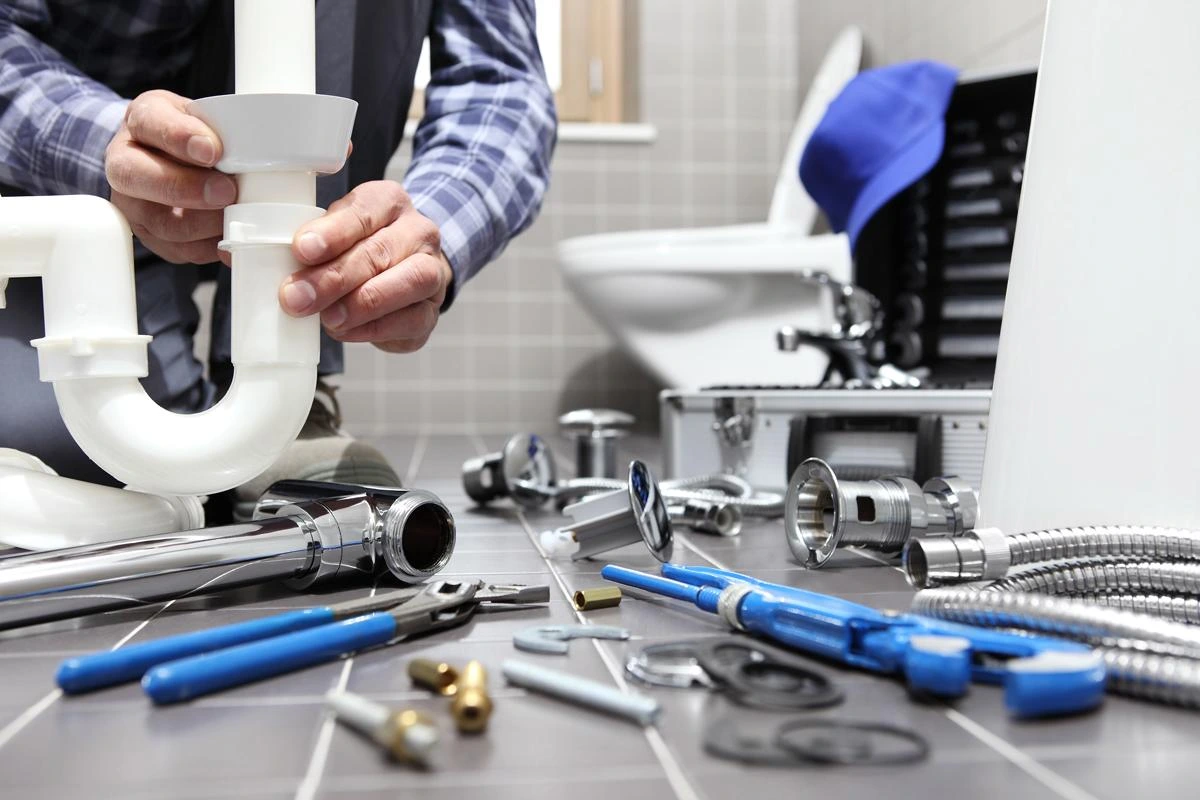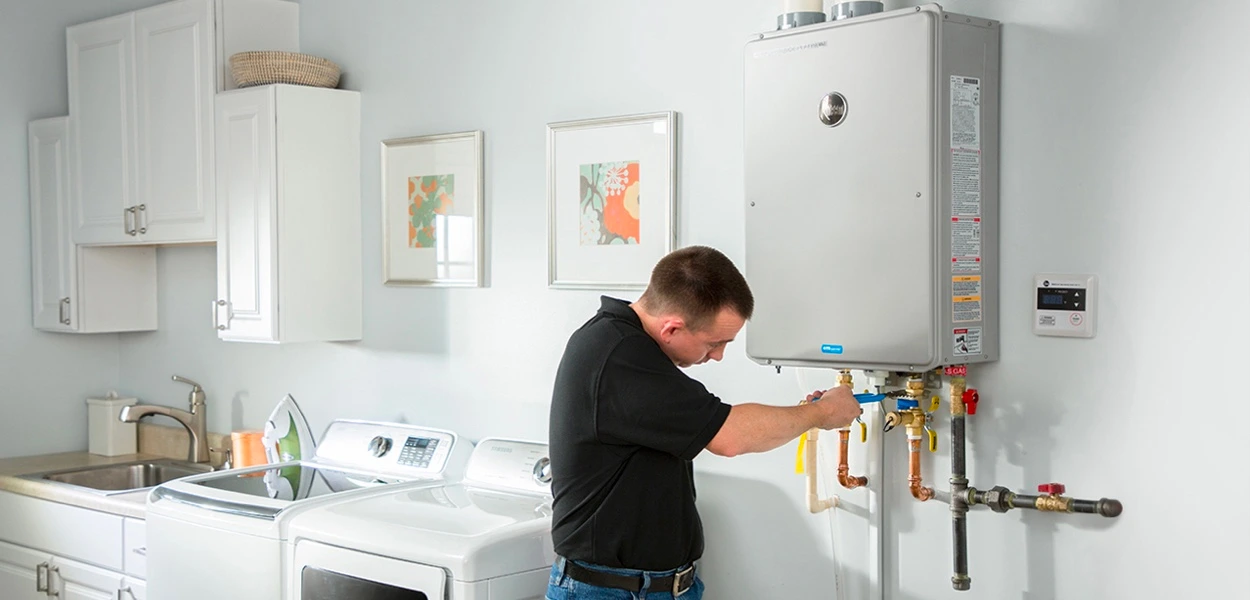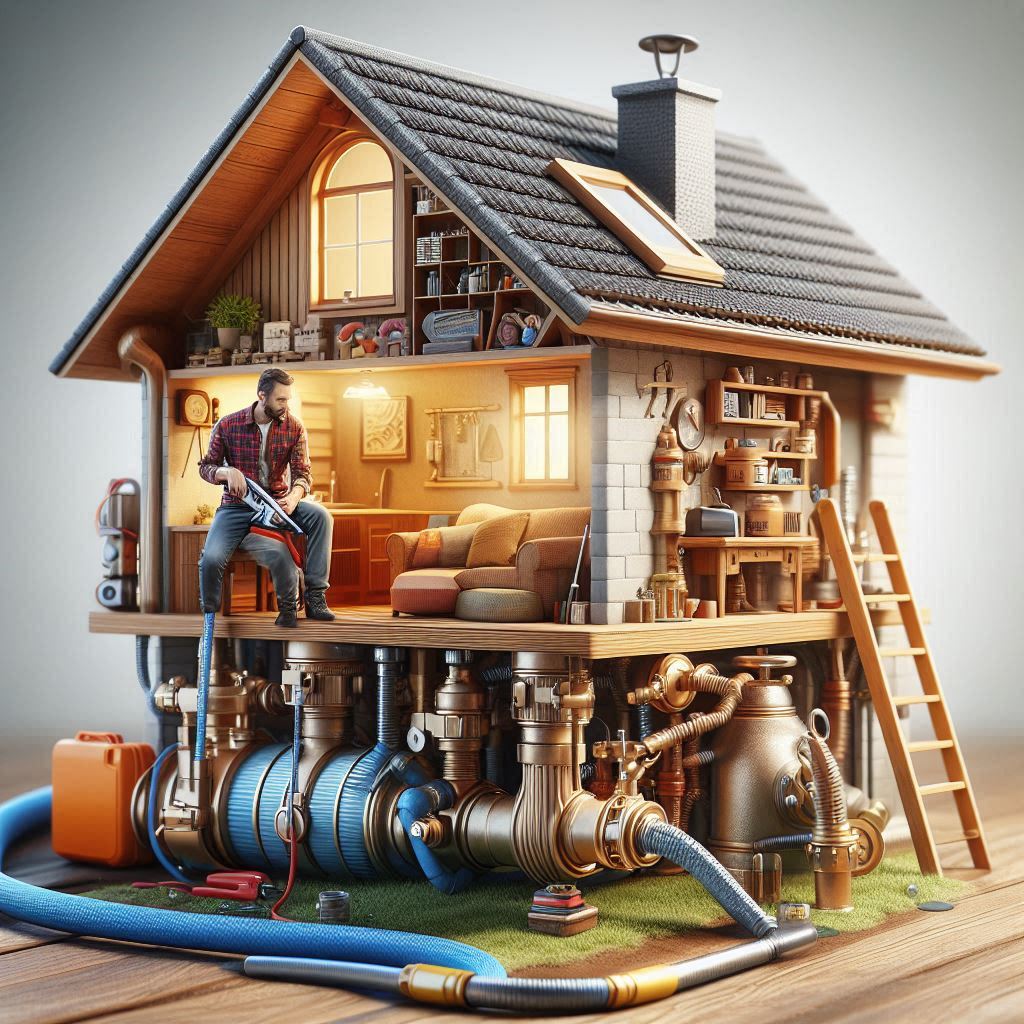
Boost Your Water Flow: Solve Low Water Pressure Issues Fast!
Low water pressure repair Philadelphia: Discover common causes of low water pressure in your home and how to fix them effectively for smooth water flow.
Low water pressure can be more than just a minor inconvenience; it can disrupt your daily routine and lead to long-term plumbing issues if not addressed promptly. The good news is that identifying and fixing the causes of low water pressure is often straightforward and doesn’t always require a major overhaul. This guide will walk you through the common culprits behind low water pressure in Philadelphia homes and provide actionable solutions to restore water flow to its optimal levels.
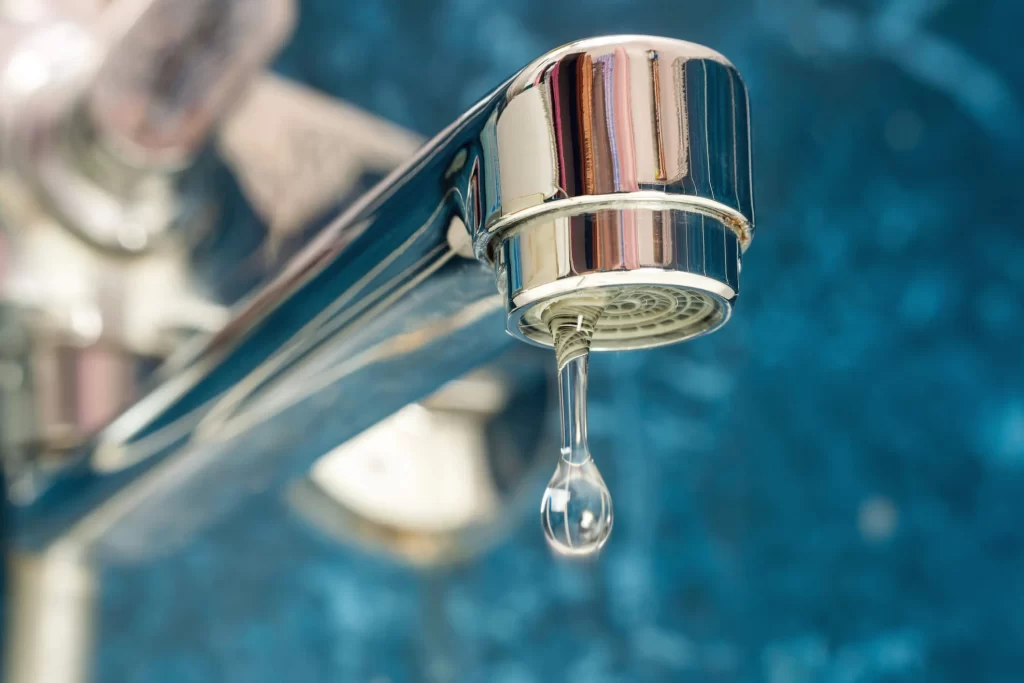
Clogged Pipes: A Hidden Culprit
Low water pressure repair Philadelphia often begins with identifying clogged pipes. Over time, mineral deposits and debris can build up inside your pipes, narrowing the passageway for water. This accumulation restricts the flow, resulting in low water pressure throughout your home. The best way to tackle this issue is to hire a professional plumber who can use specialized tools to clear the clog or, if necessary, replace the affected pipes. Regular maintenance and water softeners can also help prevent future clogs, ensuring a consistent water supply.
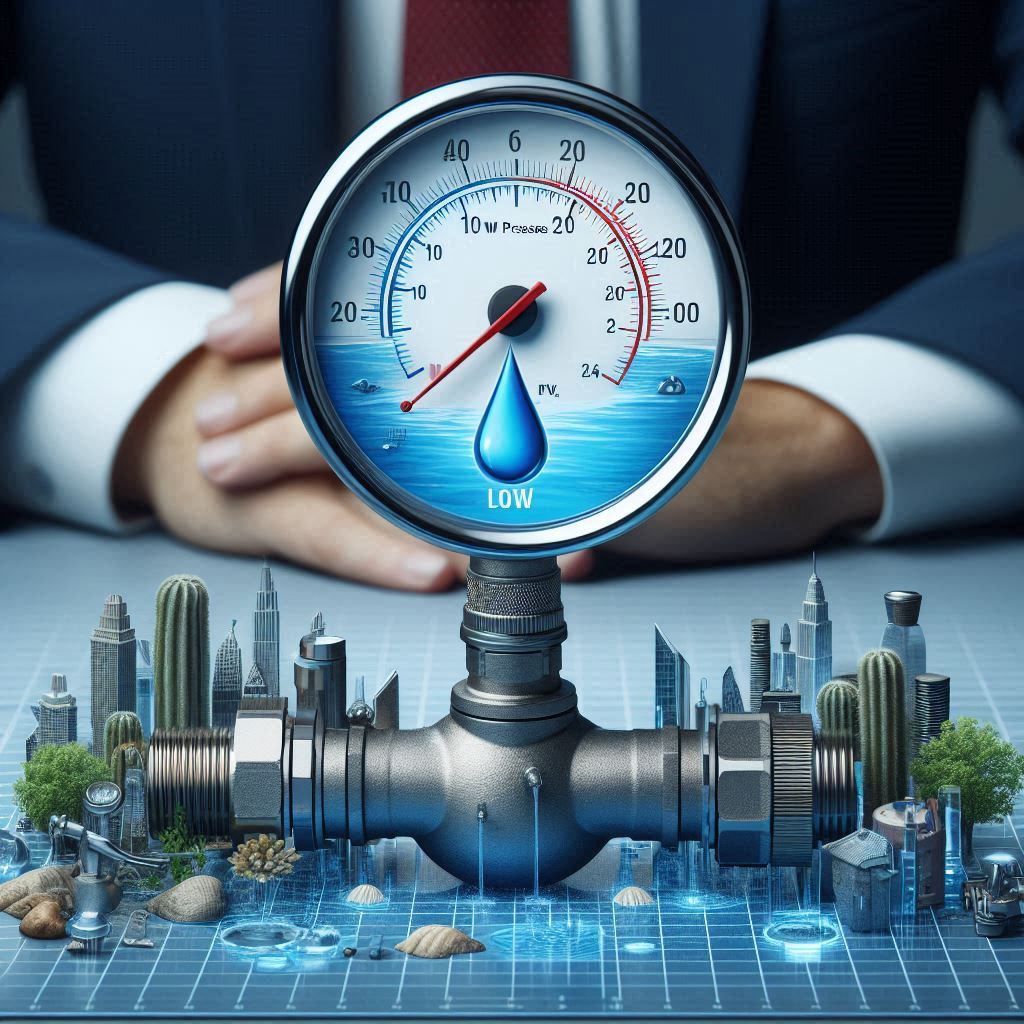
Faulty Pressure Regulator: Fix Low Water Pressure Instantly
A malfunctioning pressure regulator can also be a cause of low water pressure in your Philadelphia home. This device is designed to maintain consistent water pressure levels, and when it fails, you may experience inconsistent or extremely low water flow. To fix low water pressure, you may need to replace the faulty regulator. It’s recommended to get a licensed plumber to evaluate and replace the component, as adjusting it improperly can lead to even more severe water pressure issues.
Plumbing System Leaks: Stop Water Loss and Restore Pressure
One of the common causes of low water pressure is leaks within your plumbing system. When there’s a leak, water is diverted from its intended path, leading to a drop in pressure at your faucets. Signs of leaks include damp spots on walls, ceilings, or floors, as well as unusual water stains. If you notice any of these indicators, contact a professional immediately to repair the leak and restore water pressure in home effectively.
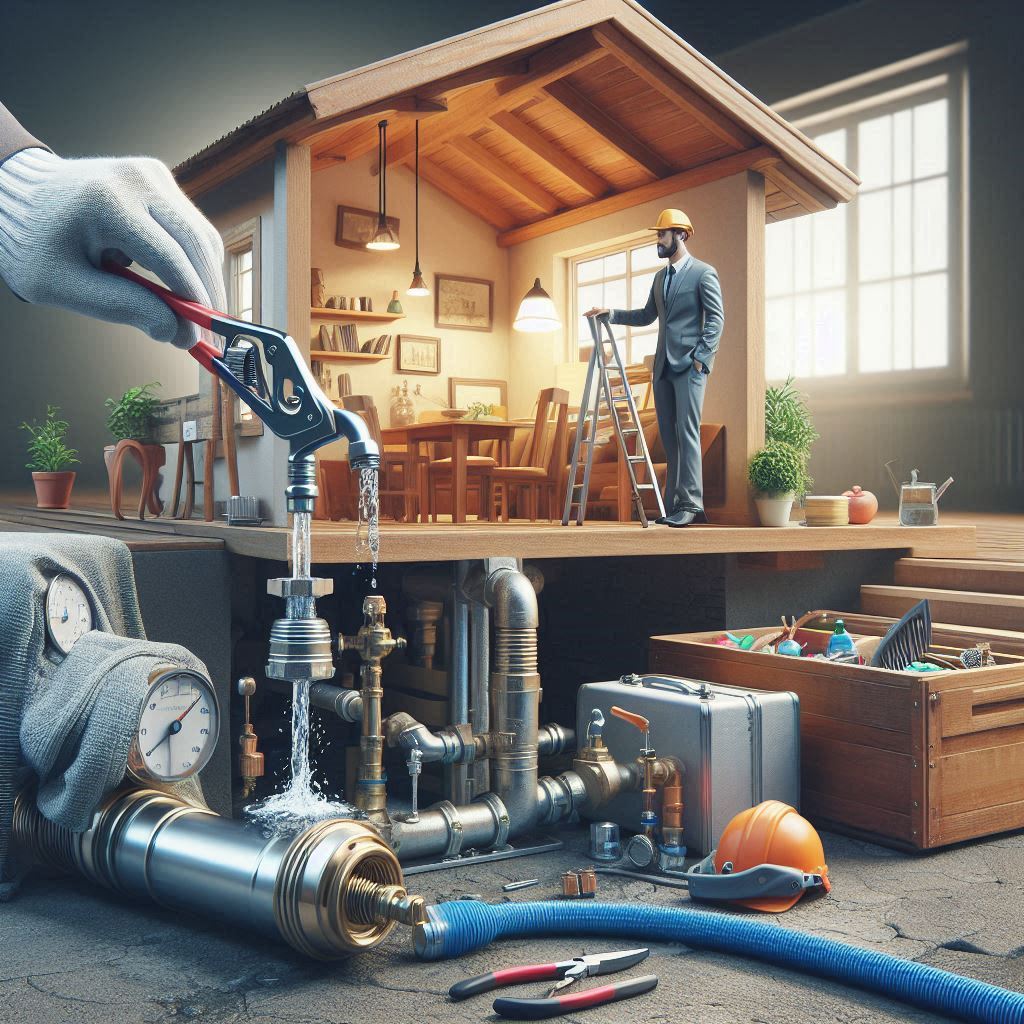
Municipal Water Supply Problems: When the Issue Isn’t in Your Home
Sometimes, the problem lies outside your home’s plumbing system. Municipal water supply issues can also contribute to low water pressure. Before scheduling a professional water pressure repair, check with your water provider to see if there are any ongoing repairs or issues affecting water pressure in your area. If it’s a temporary issue, your water pressure should return to normal once the repairs are complete.
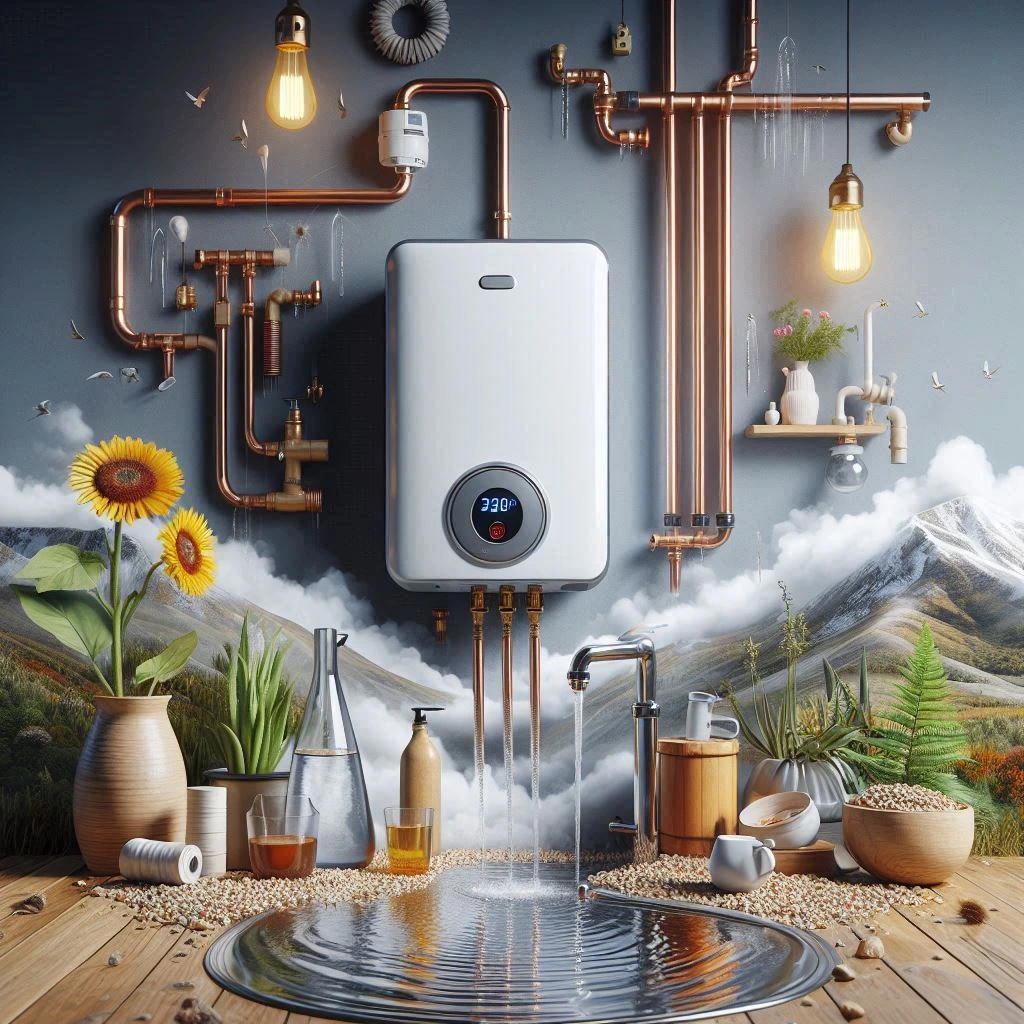
Corroded Pipes: Upgrade to Maintain High Water Pressure
Older homes in Philadelphia often have galvanized steel pipes that corrode over time. Corrosion narrows the internal diameter of the pipes, reducing water flow and leading to persistently low water pressure. Replacing these corroded pipes with modern materials like copper or PEX is the best long-term solution for restoring water pressure in home and ensuring a reliable water supply.
Addressing these common issues can help you regain adequate water pressure and improve your overall plumbing system’s efficiency.—Contact us today to discover how we can help you conserve water and protect your home with our efficient installation services!

Reliable, skilled, and always ready to help. Your go-to plumbing experts!
